We all understand that excessive sugar consumption can cause health issues such as obesity and diabetes, but it can sometimes be challenging to identify the signs. Since sugar is present in a wide variety of foods, it can be hard to track your intake. Here are 50 indications that you might be eating too much sugar!
Early aging

If your diet is high in sugar, you may notice your skin aging prematurely. How does this happen? When too much sugar circulates in your bloodstream, it encounters proteins and triggers a reaction that forms advanced glycation end products. These compounds can harm your body’s elastin supply and its ability to produce collagen. A 2014 study published by the American Journal of Public Health found that sugar causes premature aging at a rate similar to smoking.
Bodily Inflammation

Another indication that you’re consuming too much sugar is if you begin to observe signs of inflammation in your body. Inflammation shouldn’t be dismissed lightly because, as explained by Silvia Carli, a registered dietitian, it can harm your arteries and blood vessels, possibly leading to heart disease. Conditions like fibromyalgia and psoriasis might also result from excessive sugar consumption. Studies show that consuming 1 to 2 cans of soda daily, which contains sugar, led to increased inflammation.
Continuous Food Cravings

If you consume too much sugar regularly, your body will start to constantly crave food. This is because when you eat sugar, your pancreas releases insulin. However, this effect is only temporary, so your insulin levels drop after a few hours. This causes you to feel hungry again, leading to constant food cravings. According to Dr. Rameck, a certified doctor in obesity and internal medicine and a clinical researcher on obesity issues, you will increasingly want food that contains sugar and carbs that turn into sugar. The cycle will then continue.
Feeling Tired

Have you begun to feel tired, sluggish, or generally low on energy during the day? If so, it might be worth looking at the amount of sugar you consume in your diet since excessive sugar intake can lead to a lack of energy. This happens because, after your body absorbs the sugar, there is a temporary rise in insulin levels, followed by a drop below normal levels. Maintaining stable blood sugar levels will help your body release energy consistently. However, if your blood sugar levels fluctuate, your energy levels will do the same.
Unidentified Swelling

One of the most unattractive side effects that people commonly struggle with is unexplained bloating. Here’s a possible reason for it. If you notice symptoms of bloating without a clear cause, it’s very likely due to consuming too much sugar in your diet. A diet high in sugar can result in a bloated or protruding belly. This happens because your stomach contains both good and harmful bacteria. When you consume sugar, the harmful bacteria feed on it, triggering a reaction that produces gas. This gas is what causes your belly to bloat, potentially leading to discomfort.
Compromised immune system

One of the most negative and painful side effects of consuming excessive sugar is the weakening of your immune system. This can be noticed if your body starts catching colds and viruses more frequently than before. Our gut contains both beneficial bacteria and harmful bacteria, and it’s our responsibility to nourish the beneficial bacteria by eating foods with high nutritional value, like vegetables. This is crucial because these beneficial bacteria help support our body’s immune system. Eating foods high in sugar creates an internal environment that allows harmful bacteria and yeast to flourish, which weakens the body’s immunity.
Difficulty Sleeping

After eating a meal that’s high in sugar, your body gets a temporary energy boost. If you find it hard to fall asleep on time, it might be a sign that you’re consuming too much sugar before bed. This can be difficult to recognize because you might feel very tired and sleepy since too much sugar can also lead to a lack of energy, yet still be unable to sleep. A 2019 study found that women who ate meals high in refined sugar and carbohydrates were more likely to develop insomnia.
Gaining Weight

Contrary to popular belief, weight gain is not directly caused by consuming sugar. Rather, sugar provides your body with so-called empty calories. These calories are considered empty because, despite their high quantity, they don’t supply essential nutrients like protein, minerals, fiber, vitamins, and more, which are necessary for your body to function healthily. Therefore, these empty calories, which are not beneficial to the body, can lead to weight gain when consumed excessively.
Acne or skin blemishes

One particularly challenging side effect of regularly consuming excessive sugar, which many people experience, is unexplained acne. You might notice a few spots occasionally, but if you’re dealing with frequent breakouts, it could be a strong indication that your diet is too high in sugar. This happens because consuming too much sugar causes inflammation and spikes blood sugar levels. These issues contribute to skin breakouts, especially around the chin and mouth.
Experiencing Anxiety

An often overlooked but significant sign of excessive sugar consumption is anxiety. Trista Best, a registered dietitian, notes that certain foods can exacerbate or even provoke anxiety. Among these are refined carbohydrates that contain very high sugar levels, such as those in convenience store snacks or pastries. These foods can trigger or worsen anxiety due to the rapid increase in blood glucose they cause, leading to hormonal and mood imbalances. Excessive sugar intake can also lead to other negative effects, further increasing stress and anxiety.
Tooth Decay

Consuming excessive amounts of candy can lead to tooth decay. We’ve all been told this by our parents throughout our childhood, and it’s certainly true for any foods high in sugar. Dental decay is a common indicator of excessive sugar intake. According to the American Dental Association, when we ingest too much sugar, it feeds plaque bacteria on our teeth. This bacteria produces acids that erode the enamel, resulting in tooth decay.
Mental Cloudiness

It is crucial for us to eat foods that provide nutrients beneficial for both our physical and mental well-being. Although carbohydrates, including sugar, are recognized as brain fuel, excessive consumption can result in brain fog. How does this occur? After a sugar-rich meal, blood sugar levels initially rise sharply and then drop drastically, causing brain fog and hindering alertness and focus during the day. This leads to sugar cravings, perpetuating a cycle of brain fog.
Problems with digestion

One of the most annoying signs of consuming too much sugar is having digestive problems. Research supports this, indicating that high sugar levels can slow down your digestive system’s function. This happens because sugar reduces the diversity of healthy bacteria in your gut. According to registered dietitian Summer Yule, regularly eating high-sugar foods can lead to the displacement of nutritious and satisfying foods. To address this, it’s important to eat fiber-rich foods like oatmeal, nuts, apples, beans, and more.
Persistent Appetite

If you often feel hungry for no apparent reason, despite eating regularly, it may be time to reconsider your diet. One indicator of high sugar consumption is persistent hunger just hours after eating. Consuming sugar-rich foods can cause your blood sugar levels to drop below normal after a few hours, prompting your body to signal that it needs more sugar.
Mysterious Joint Discomfort

One of the most noticeable effects of consistently consuming too much sugar is unexplained joint pain. Multiple studies have investigated the impact of high-sugar beverages and have linked these drinks to arthritis. One specific study discovered that frequent consumption of sugar-sweetened soda increases the risk of rheumatoid arthritis in women. Sugar can also cause inflammation, potentially leading to joint inflammation due to elevated glucose levels in the blood from excessive sugar intake. This pain is often felt in the ankles.
Struggling to Lose Weight

If you’ve been trying various methods to shed a few pounds but are finding it very challenging to lose weight, you should consider if the food you’re eating is high in sugar. Eating too much sugar is known to be an obstacle when trying to lose weight. This is because sugar provides our body with empty calories, which don’t make us feel full; instead, they make us crave food more. On the other hand, complex carbohydrates, found in vegetables, fruits, nuts, whole grains, fish, and more, are known to keep us feeling full for much longer. So, if you are consuming carbohydrates, assess whether they are the kind that turns into sugar once digested or the kind that are complex and provide our body with nutrients.
Decrease in Muscle Mass

If you notice that you’re losing the muscle gains you worked hard to achieve at the gym, it’s time to cut back on sugary drinks and foods. This is because excessive sugar intake can lead to a reduction in muscle mass. Scientific research has found links between muscle loss and regular sugar consumption. How does this happen? When you consume too much sugar, it can hinder your body’s ability to turn proteins into muscle. A study published in the Journal of Nutrition found that rats fed sugary foods became leaner and had more fat deposits compared to those fed with complex carbohydrates.
Increased Blood Pressure

It is widely understood by the general public that salt increases blood pressure, leading to various long-term harmful effects. However, it is often ignored that sugar can have an even more detrimental impact on blood pressure. Additionally, consuming excessive sugar can quickly begin to adversely affect blood pressure, sometimes in just a few weeks. Research has shown that with each sugary beverage consumed, the likelihood of developing hypertension increases by 8%.
Absence of motivation

If you’ve started to feel increasingly unmotivated over time without any apparent reason, we have an explanation for you. It might be because you’re consuming too much sugar. When you eat a meal high in sugar or one that turns into sugar during digestion, you’ll experience a temporary surge in energy and mood. However, once that sugar exits your system, your energy levels will fall below the usual baseline. This can make you feel fatigued and lead to mood swings, resulting in decreased motivation to complete tasks for the remainder of the day.
Feeling of persistent sadness

One of the most concerning indicators of regularly consuming excessive sugar, which can severely affect both the mind and body, is depression. Thus, when we say that excessive sugar intake can lead to health problems, we refer to both physical and mental aspects. Multiple studies have shown that a diet high in sugar, especially sugary drinks, can increase the risk of developing depression. This is because inflammation, another result of high sugar consumption, disrupts neurotransmitter pathways, leading to a decrease in dopamine levels.
Altered Sense of Taste

When you frequently consume sugary foods, your taste buds will gradually adapt to prefer foods with high sugar content. Consequently, over time, items like broccoli, carrots, or grapes might seem bland compared to sweet desserts and candies. The best way to prevent this issue is to limit your consumption of processed foods that contain added sugars. If you need something sweet, consider eating fresh fruit or using unsweetened baking ingredients, which are healthier alternatives that don’t leave an unpleasant aftertaste in your mouth.
You Begin to Experience Diabetes Symptoms

Diabetes is a significant health issue that leads to elevated blood sugar levels. To prevent it, it’s important to avoid consuming too much sugar and other simple carbohydrates such as white bread or pasta. There are many tasty alternatives to sugary foods that you can use instead, like applesauce, bananas, or spinach! Maintaining a healthy diet is your best strategy for preventing diabetes or any other medical condition that requires strict dietary modifications.
Desire for Additional Sugar

Excessive sugar consumption can lead to further cravings, as the sweet flavor satisfies the brain’s desire for more sugary treats like candy and soda. To prevent this issue, it’s advisable to reduce your intake of processed foods that contain added sugars. If you crave something sweet, consider opting for fresh fruit or unsweetened baking ingredients, as they are healthier options that won’t leave an unwanted aftertaste.
Teeth Begin to Turn Yellow

Consuming excessive sugar can lead to teeth becoming yellowish because the bacteria in your mouth consume the sugar and produce acids that alter the color of your teeth! To prevent this, it’s recommended to brush your teeth after consuming anything sugary to remove leftover particles from your teeth. If brushing isn’t possible, consider rinsing with water or chewing gum to help eliminate sugars from between your teeth.
Regular Mood Changes

Eating excessive amounts of sugar can lead to frequent mood changes because sugars impact the serotonin levels in our brains, and serotonin is a chemical that helps stabilize mood. If you are experiencing depression or anxiety, consider reducing sugary foods in your diet and focusing on healthier options to improve your well-being more quickly.
Sense of Irritation

Do you tend to get angry easily? If your diet is high in refined sugars, you might be experiencing frequent mood swings! Foods with added sugars can raise serotonin levels in your bloodstream, which can lead to emotional changes. Consuming too many sugary foods can also lead to irritability, as they often lack the essential nutrients needed for healthy brain function. Next time someone upsets you, try eating some fruit instead of candy to calm down!
Pain in the Joints

Excessive sugar consumption can lead to gout and joint pain, as the high intake of simple carbohydrates increases blood glucose levels, impacting the connective tissues that aid movement. To prevent this, consider a diet rich in healthy fats and lean proteins, which offer more energy than sugars without causing joint issues. If you often suffer from joint pain, try reducing your intake of sugar and sweet ingredients such as honey, molasses, and cane sugar.
Exhaustion and Weariness

It may be difficult to believe that fatigue can be caused by something as readily available as sugar, but many sugary foods lack other vital nutrients. These missing nutrients stop your body from producing the energy required for proper functioning! Foods with high amounts of added sugars are often missing amino acids, healthy fats, fiber, and other essential nutrients, meaning sugar becomes the only source of nutrition, which can result in tiredness and low energy levels.
Frequent Headaches

Many individuals who struggle to function during the day may not realize that their headaches could actually be linked to sugar! This might be unexpected, but consuming too much sugar can make you feel fatigued and sleepy. When the brain lacks glucose, it generates sensations akin to hunger, often leading to headaches. If you suspect your headache is related to your diet, try reaching for some oranges rather than painkillers!
Experience Sleepiness

Were you aware that drowsy driving results in twice the number of fatal car accidents compared to any other type of distracted driving? These incidents occur because high blood sugar levels can cause decreased alertness and slower reaction times, even if you think you’ve been awake for a long time. Foods with added sugars can interfere with the chemicals required for optimal brain function, leading to sleepiness or challenges in maintaining alertness.
Having Difficulty Losing Weight

Consuming too much sugar can lead to weight gain and makes losing weight harder because it increases insulin, which stores extra calories as fat. To prevent this, try having a diet mainly made up of healthy fats instead of sugars to use fat for energy. If you do indulge, ensure you don’t go over the 30g carbohydrate limit per serving. Eating in moderation is crucial to enjoying your favorite foods without adding on weight.
It takes a long time for your wounds to heal.

Consuming excessive sugar can lead to slower wound healing because it makes platelets stickier, which decreases blood flow to the wound and delays recovery. To prevent this, focus on consuming plenty of healthy fats like avocados, olive oil, and flax seeds. Additionally, include lean proteins in your diet to help you recover swiftly without any nutritional obstacles.
Regular Ear Infections

Consuming too much sugar can exacerbate ear infections, as bacteria from your mouth can travel through the Eustachian tubes to your inner ears during chewing and swallowing. If you frequently suffer from ear infections, consider reducing sugary snacks to once a week or even less. Opt for chewable vitamins with natural sweeteners instead, to help reduce your sugar intake.
Elevated Cholesterol Levels

Consuming excessive sugar can elevate your blood cholesterol levels because sugars are directly transformed into fat in the body upon intake. This process raises LDL (bad) cholesterol and lowers HDL (good) cholesterol, both of which contribute to an increased risk of heart disease. To avoid high cholesterol, consider reducing your carbohydrate consumption, particularly foods with added sugars or syrups such as sodas and candy bars.
You Feel Exhausted After Exercising

Do you often feel exhausted after a brief workout? Have you ever wondered why that occurs? Many people are unaware, but this can be caused by consuming too much sugar. We’ve mentioned before that high sugar intake can lead to fatigue, causing feelings of laziness and tiredness. Try reducing your sugar consumption and notice the difference in your workouts.
You Are Having Trouble Keeping an Erection

This is another indication of excessive sugar intake that many men often overlook. Struggling with performance in bed can be a significant issue in a relationship. Despite trying various solutions, achieving a proper erection might still be elusive. Often, it’s the elevated sugar levels in your blood that are responsible. Sugar can weaken the arteries and block areas that should be nourished by essential nutrients. This is why men who consume high amounts of sugar might find it challenging to get an erection.
You sense that your heart isn’t as healthy as it once was.
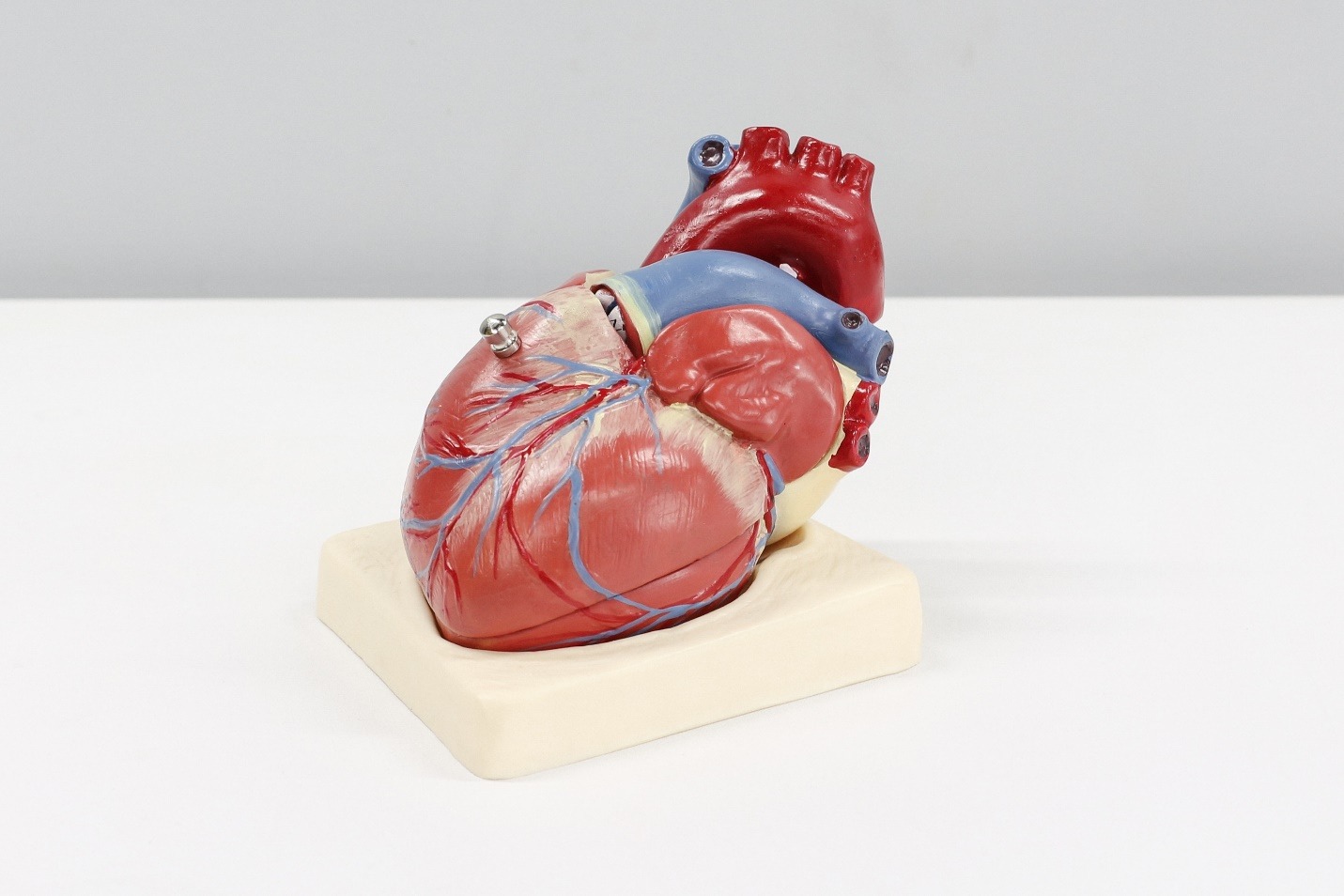
Consuming sugar can make you feel that your heart isn’t as healthy as before because it releases free radicals that harm blood vessels and lead to plaque accumulation. To prevent this, aim to reduce your sugar consumption, particularly by avoiding soft drinks and fruit juices. Opt for natural sweeteners instead so that your sugar intake is clearer and easier to monitor for better heart health. High sugar intake also affects your heartbeat.
Your liver is swollen.
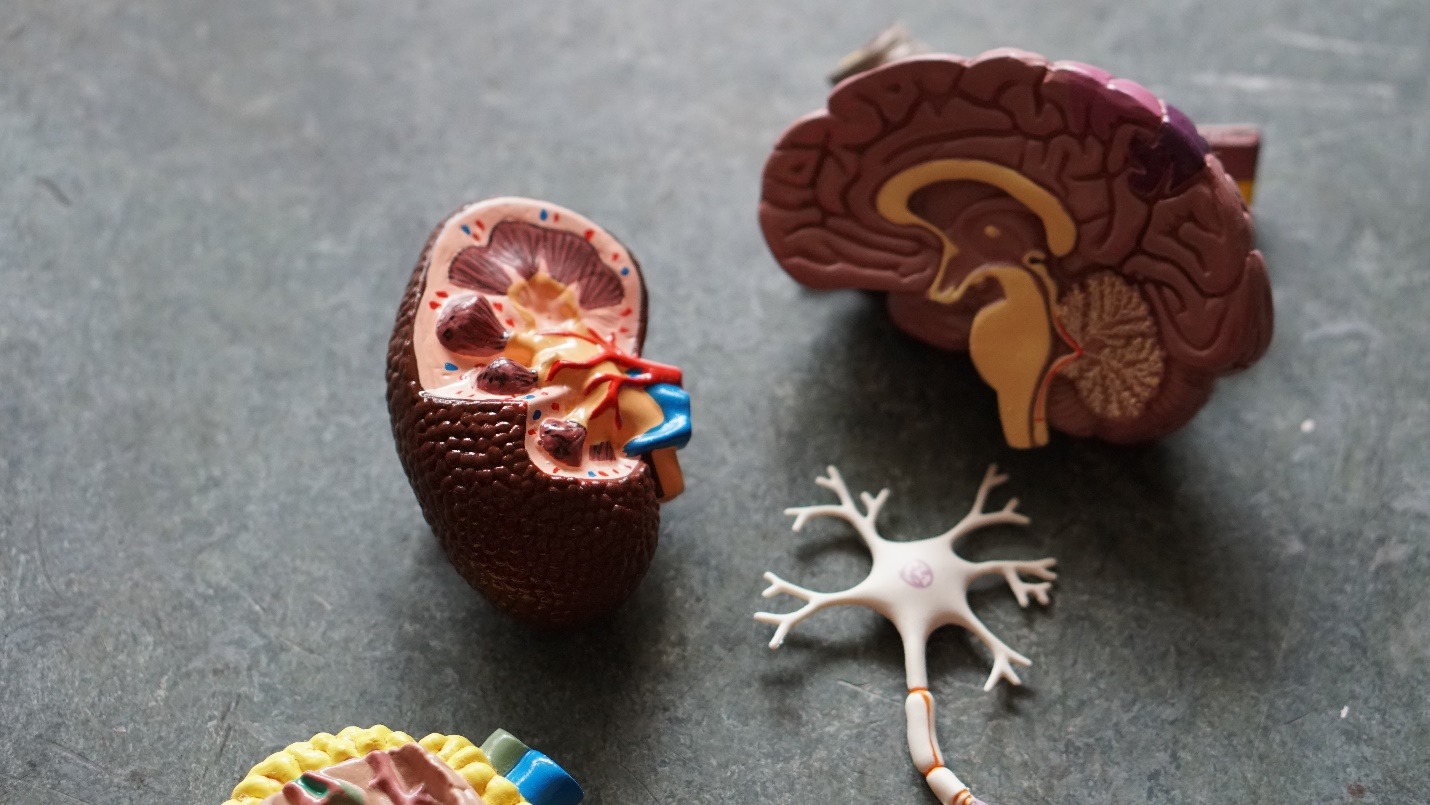
Fatty liver disease is becoming a more common issue among many Americans today. This illness is caused by the buildup of fat in liver cells, leading to numerous health problems. According to the American Liver Foundation, the main cause of fatty liver disease is not alcohol use, but rather obesity and diabetes due to high intake of refined sugars.
You are experiencing kidney issues.
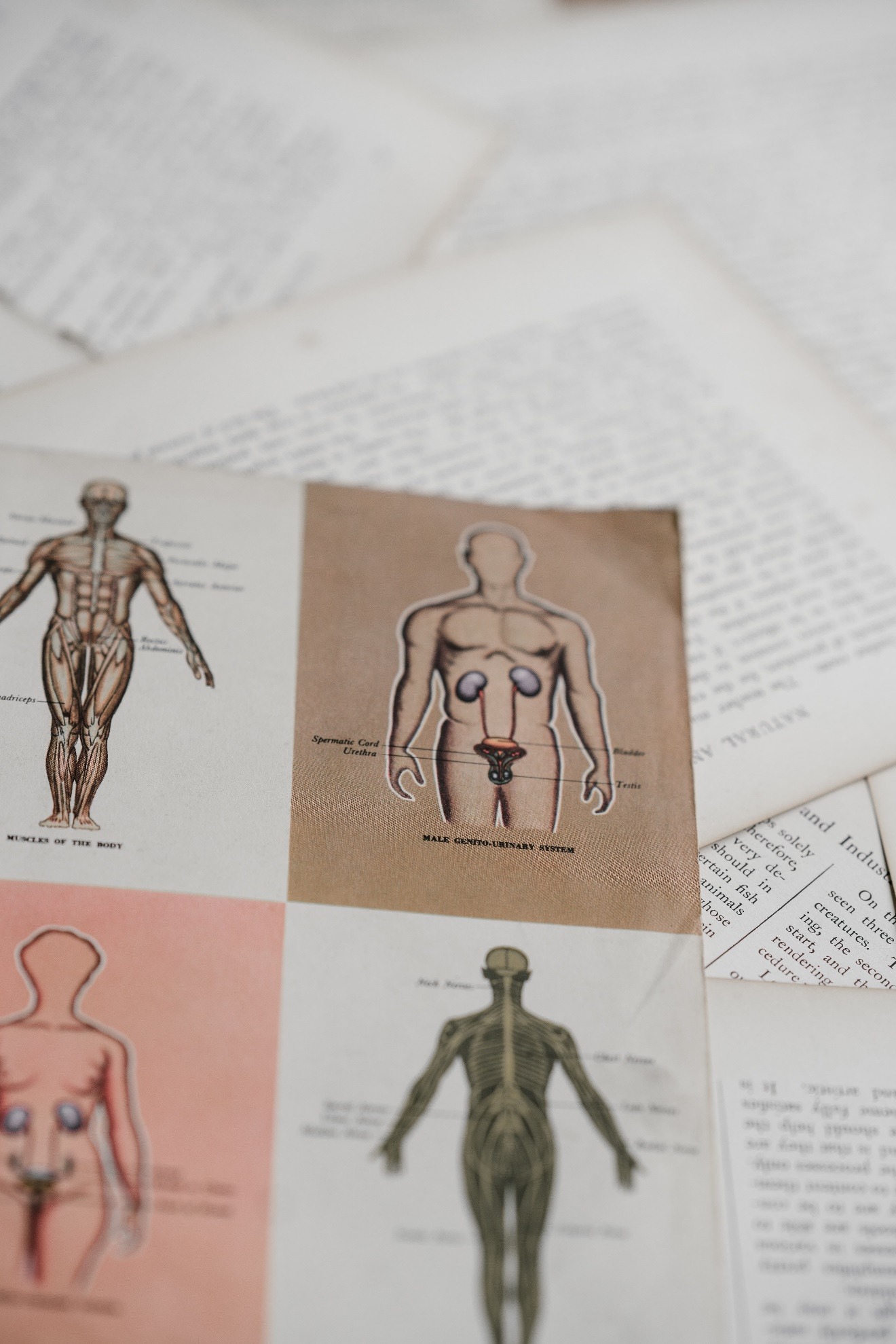
Consuming excessive sugar is associated with kidney issues because it can raise levels of harmful cholesterol, which clogs blood vessels in the kidneys. It also contributes to the formation of kidney stones. To prevent kidney problems, consider reducing your sugar consumption, particularly from sodas and fruit juices that are high in added sugars. Instead, focus on consuming healthy fats.
Cognitive Decline: Difficulty Concentrating
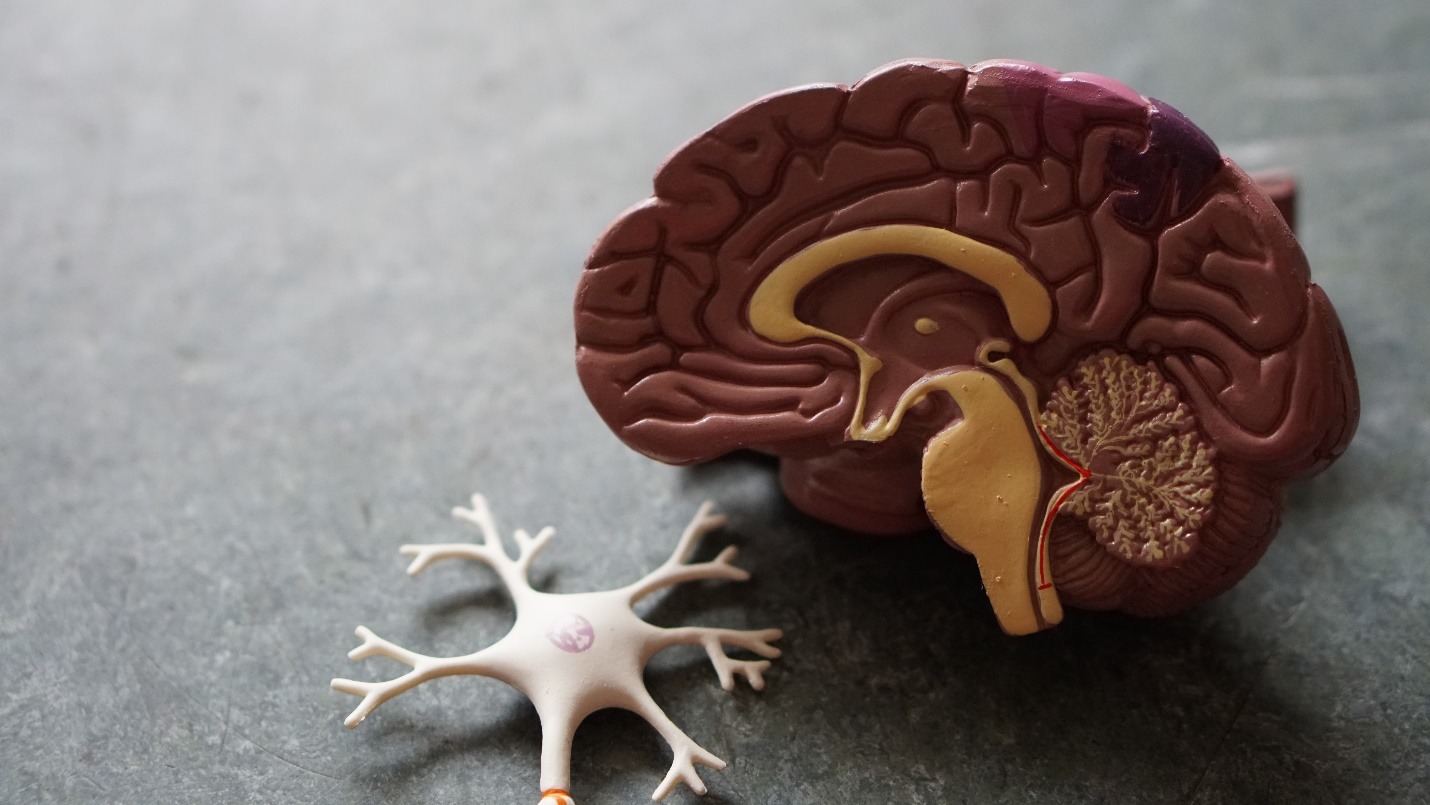
Do you often get distracted? Your difficulty in concentrating might be due to consuming too much sugar. A high intake of carbohydrates can lead to fluctuations in blood glucose levels, which affects mental focus. The brain requires a steady supply of glycogen to work efficiently, and disruptions in this process can lead to concentration issues. Maintaining stable blood glucose levels by including the right amounts of protein, fiber, and healthy fats in your diet can help prevent that.
Diseases of the gums
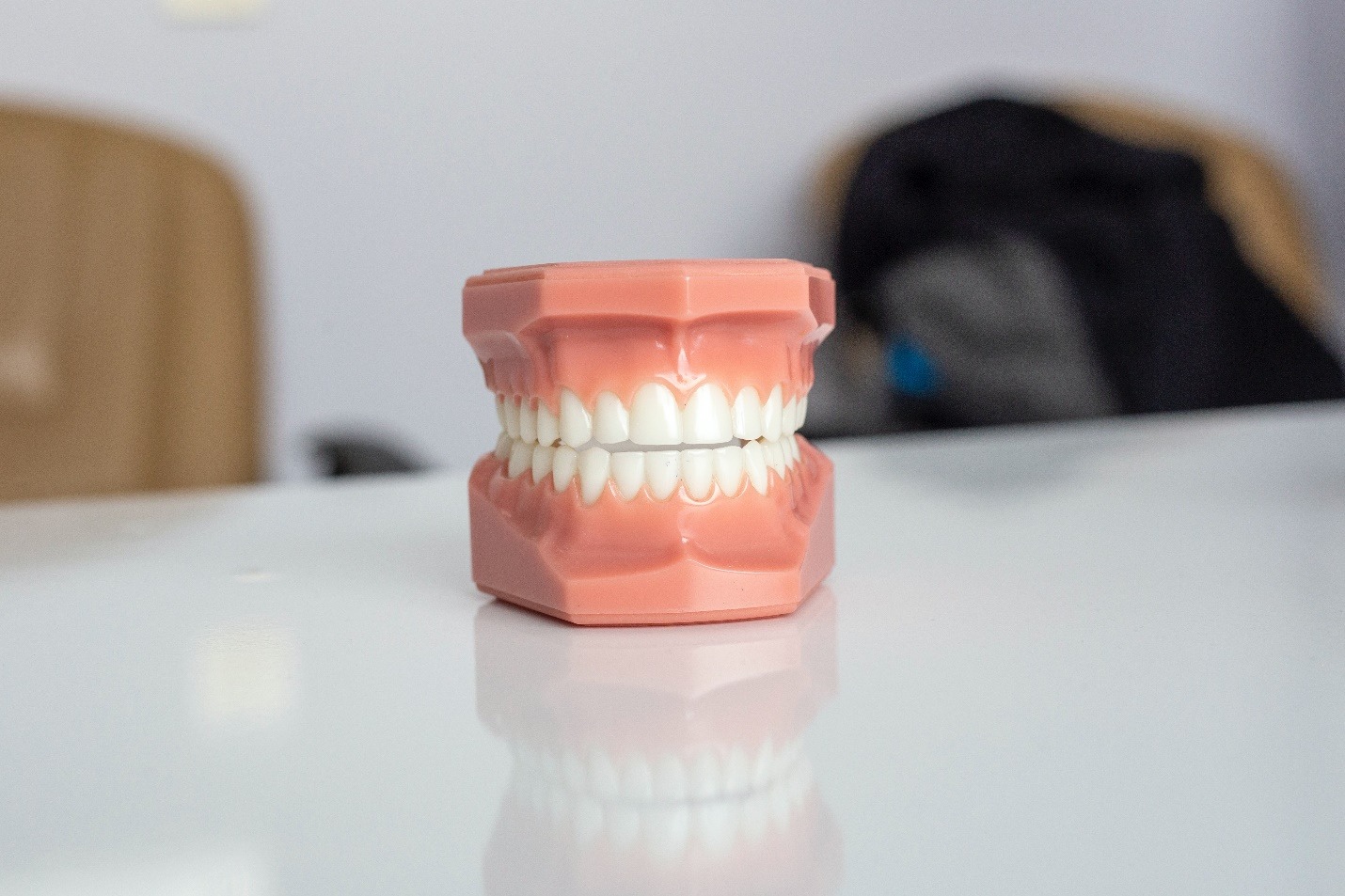
Consuming excessive sugar results in gum disease as it promotes the growth of plaque-causing bacteria in our mouths, leading to inflammation and tooth decay. To prevent this, try to avoid sugary snacks such as cakes, candy bars, and cookies. High sugar intake can also have a detrimental effect on your teeth. Therefore, if you want to safeguard your dental health, you should limit sugary foods.
Higher Levels of Stress

Consuming excessive sugar can elevate stress levels as it raises cortisol, impacting mood. To prevent this, aim for a diet mainly composed of protein-rich foods such as lean meats, vegetables, and fruits. Additionally, include plenty of healthy fats as a substitute for sugar to help keep blood glucose levels stable, reducing stress over time.
Your body is not receiving the nutrients it requires.

Excessive sugar intake can prevent your body from receiving the necessary nutrients, as sugars replace these nutrients. To prevent this, limit your sugar consumption to 3 to 4 teaspoons daily, reduce intake of protein-rich foods, and focus on consuming plenty of fiber-rich foods. Overconsuming sugar can weaken your body and impair its proper functioning.
Your protein levels in the body are low.
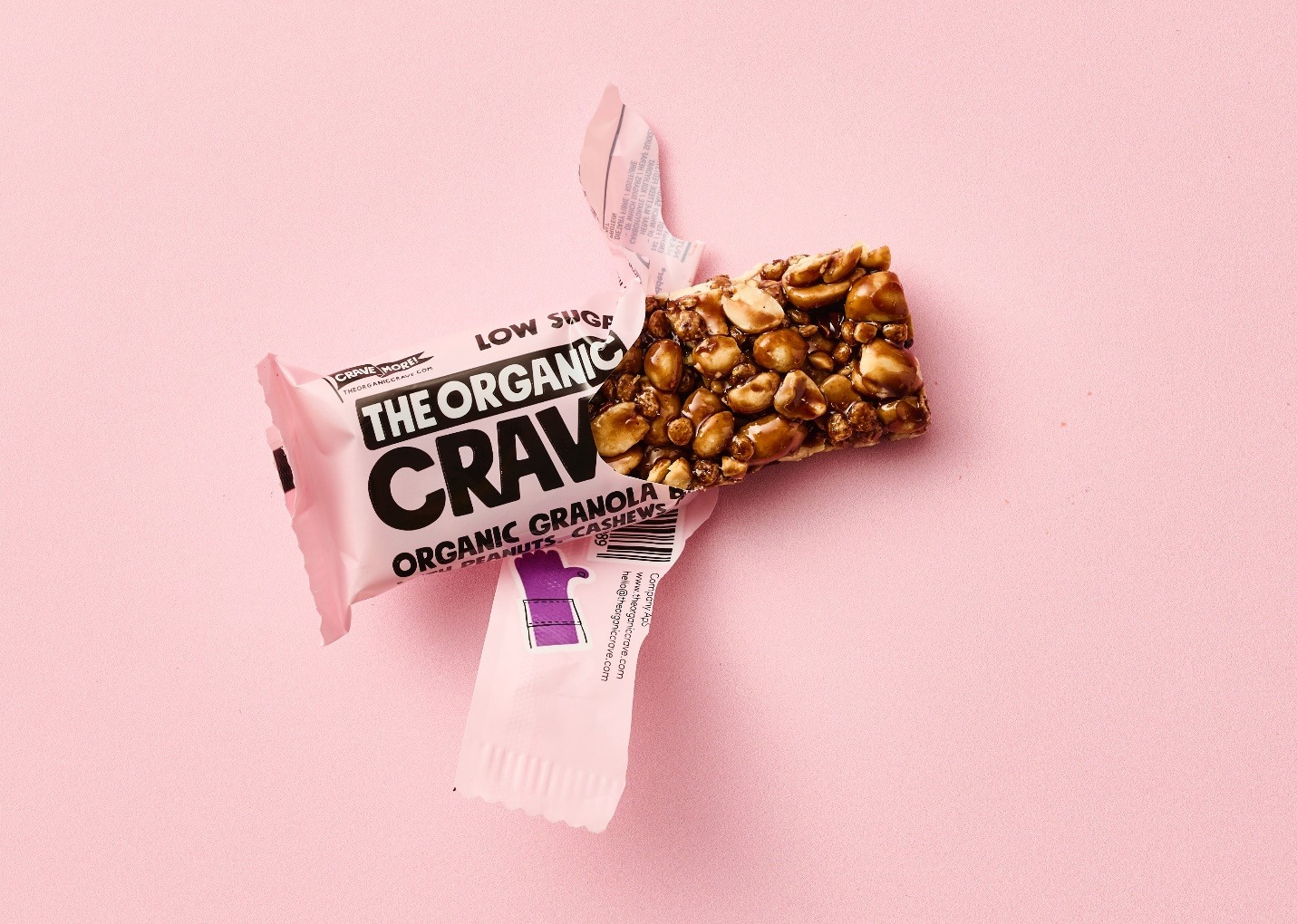
Consuming too much sugar can lead to low protein levels because it prompts your kidneys to eliminate this essential nutrient. To prevent this, limit your intake to no more than 6 teaspoons of table sugar daily, and also moderate your consumption of protein-rich foods. Simply feeling like your body is low on protein doesn’t mean you should abruptly increase your protein intake significantly.
Curb Your Morning Hunger

They say breakfast is the most important meal of the day. However, if you regularly consume a lot of sugar, it can cause you to lose your morning appetite, especially if you ate something sugary at night and then went to sleep without exercising. When you don’t try to burn the carbohydrates, the sugar remains in your body and takes a long time to digest, which is why you might not feel hungry in the morning.
Sudden Inflammation of the Pancreas
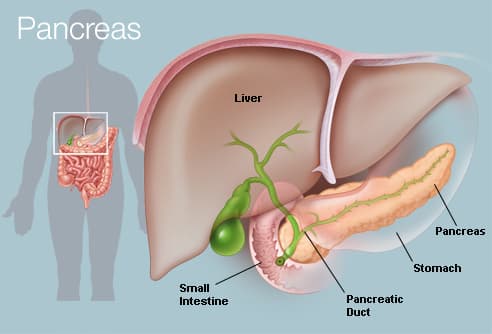
Many people occasionally enjoy a sweet treat. However, a study indicates that consuming large amounts of sugar can lead to acute pancreatitis, which is inflammation of the pancreas often triggered by gallstones or excessive alcohol consumption. Pancreatitis occurs when digestive enzymes become uncontrollably active, causing tissue damage in the organ. While the cause is often unclear, certain individuals might have a higher risk of developing it, including those with alcoholism, chronic alcoholism, pancreatic stones or cysts, pancreatic trauma or surgery, high blood levels of triglycerides (hypertriglyceridemia), and those who consume a lot of sugar.
Alzheimer’s disease.
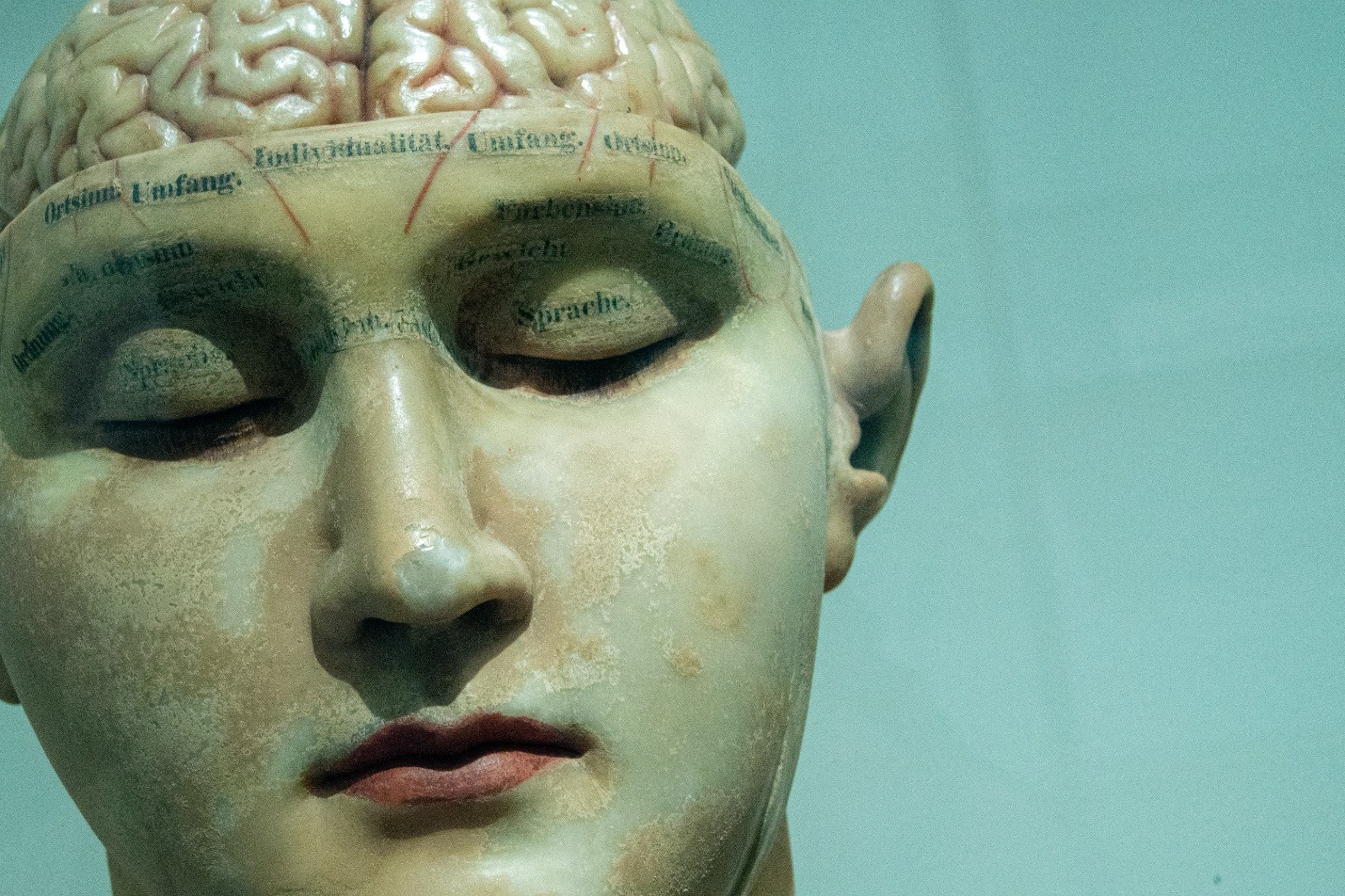
Once more, it appears that the influence of nutrition on Alzheimer’s disease has been validated. Multiple researchers have indicated that they have discovered evidence suggesting that sugar can play a role in the development of Alzheimer’s disease. Therefore, if you are experiencing early symptoms, it is advisable to reduce your daily sugar intake. Taking action while symptoms are still in the early stage is beneficial for managing the disease, with the first step being to decrease your sugar consumption. Although it may be challenging, the effort will be worthwhile.
Your body is resistant to insulin.

Researchers suggest that elevated glucose levels cause cells to become less responsive to insulin, which leads to even higher blood glucose levels. Over time, consuming a lot of carbohydrates daily—especially those with sugars and starches—can increase this resistance until a large amount of insulin is needed for cells to detect and absorb glucose. Additionally, high blood sugar levels can damage nerve fibers and blood vessels, leading to various other negative effects.
The positive news is that this process can be reversed by opting for a diet that is very low in carbohydrates (less than 60 grams per day, depending on your weight and activity level). By reducing carbohydrate intake, less insulin is needed to maintain normal blood sugar levels, and excess water is lost from cells because insulin prevents the kidneys from excreting urine. This results in the reversal of the effects associated with high-carbohydrate diets.
Your Organs Are Suffering Damage

Consuming large amounts of sugar can negatively impact the body significantly. A major reason to reduce your sugar consumption is that it can affect every organ in your body. If you experience issues with your liver, kidneys, heart, pancreas, stomach, skin, or any other organ, sugar might be the cause. It is a hidden culprit often overlooked for contributing to these problems, either as a direct cause or by enhancing other factors that lead to these issues.
Extreme thirst and often needing to urinate.

High sugar intake can lead to excessive thirst and frequent urination. The high levels of fructose found in most processed foods are a major cause of diabetes. Fructose is a type of sugar normally produced by the human liver when glucose levels are very high. Research has shown that glucose levels are often unusually high in people with diabetes, prompting their livers to produce excess fructose to maintain balance. This suggests there’s a link between consuming too much sugar and developing diabetes. A major symptom of diabetes is excessive urination. When thirsty, people often drink water or other non-caloric beverages to quench their thirst and rehydrate. However, drinks like soda, iced tea, and lemonade, which are high in sugar, can actually worsen thirst. While they might temporarily satisfy thirst, they can lead to feeling even thirstier later, requiring more water or other drinks. Moreover, many people don’t realize they’re already dehydrated because soda and sugary drinks don’t relieve thirst as well as plain water does.

